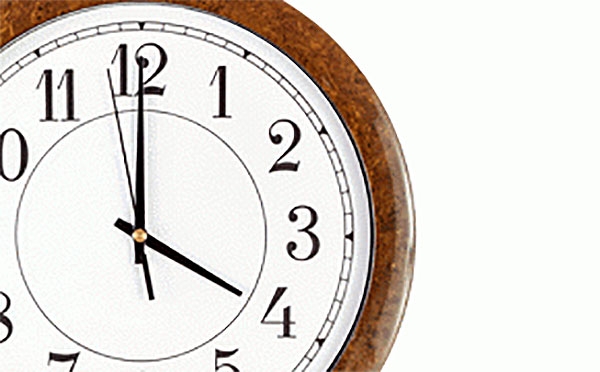
Here are the key things you need to know before you leave work today.
MORTGAGE RATE CHANGES
No changes to report.
DEPOSIT RATE CHANGES
None here either.
WORST EVER?
Auckland housing affordability for first home buyers has hit a record low. Auckland housing now the most unaffordable it has been since interest.co.nz's Home Loan Affordability reports began in 2004, with first home buyers increasingly priced out of the market.
HIGHER AUSSIE INFLATION
Aussie CPI inflation for the March quarter came in sharply higher but not quite as high as analysts were expecting. Their prices are up +2.1% year on year. That is a sharp jump from the +1.5% in the December quarter and it puts it back in the RBA target range, finally. And given the official policy rate there is only 1.5%, that means it is below inflation now for the first time since 2014 (and was only briefly like that back then).
THEY KEEP COMING; WE AREN'T LEAVING
Permanent long-term migration hit another new record in March with a net gain of +71,932 in the year. Migration continues its upward trend, and it likely added around 65,000 new residents to Auckland's population in the year to March. Infometrics says "These high levels of net migration are boosting aggregate demand and putting a strain on capacity in New Zealand, but their labour contribution is also needed to alleviate these capacity issues, meaning that New Zealand is in a bind regarding immigration policy."
LEVELS HIGH BUT GROWTH STALLS
"The number of tourist arrivals in March was -0.2% down from a year ago, the first annual decline in arrivals since August 2014. The biggest contributor to the weaker growth was Australia, but the softening was broad-based and appears to have been due to the timing of Easter, which was in April this year rather than March. Nevertheless, slower growth over the March quarter suggests that underlying growth in tourist numbers might be beginning to subside." (Infometrics)
INSURERS GENERALLY UNPREPARED
The RBNZ surveyed insurers about their catastrophe risk. They found property insurers adequately assessed earthquakes, but downplayed the risk of tsunamis and volcanoes. They found general insurers seem to be basically ignoring catastrophe risks. They found most health insurers have not considered accumulations of death claims. And they found life insurers consider pandemic risks, but only superficially. The survey paints a picture of an industry with only a superficial readiness for catastrophe risk.
BASCAND PROMOTED
RBNZ Deputy Governor Geoff Bascand stepping up as Head of Financial Stability from September.
NO SIGNIFICANT STRESS HERE
Data out today for March credit card balances show the same level of indebtedness - $6.7 bln, of which $6.4 bln is personal. Of this, 63.4% is being charged interest, near its all-time low (which was 62.2% in December 2016). The data also shows that balances 90 days past due are a meagre 0.67% of the total, also near its all-time low (which was also in December 2016). By any measure, on average, Kiwis are not exposed to high credit card debt as consumers are in many other countries. The adult popluation here is 3,820,000 so the broad average credit card debt is now $1,680 per person (plus an annual interest obligation of just over $300). While this may be 'too much', it actually is not excessively high and most people could manage that. Of course it won't be evenly distributed and you can always find anecdotes of excess.
WHOLESALE RATES UNCHANGED
After a week and a half of steady rises, local swaps rates have taken a day off today. They are down -1 bp for two years, unchanged for five years, and up +1 bp for ten years. The 90 day bank bill is also unchanged at 1.97%
NZ DOLLAR DOWN
The NZD is definitely suffering from being part of the commodity set. We are now down to 69.3 USc. Against the AUD, we are down to 92.2 AUc (despite the Aussie CPI reaction). Against the EUR we are lower at the 63.4 euro cents. The TWI-5 is now at under 74, its lowest in nine months.
You can now see an animation of this chart. Click on it, or click here.
Daily exchange rates
Select chart tabs
2 Comments
".........The survey paints a picture of an industry with only a superficial readiness for catastrophe risk......." These insurance companies are leaving us uncovered. That's not just incompetent, it should be criminal neglience. The cops should be busting down the boardroom doors and leading these characters out in handcuffs
Maybe it is a religious thing, the book of Revelation only mentions Earthquakes from that list.


We welcome your comments below. If you are not already registered, please register to comment
Remember we welcome robust, respectful and insightful debate. We don't welcome abusive or defamatory comments and will de-register those repeatedly making such comments. Our current comment policy is here.